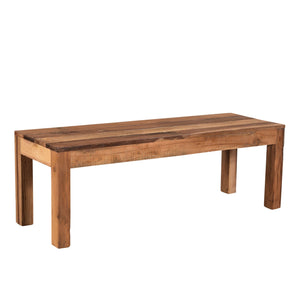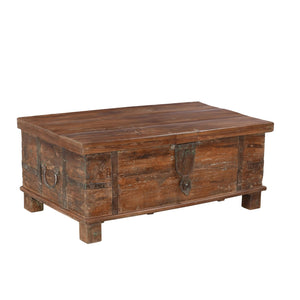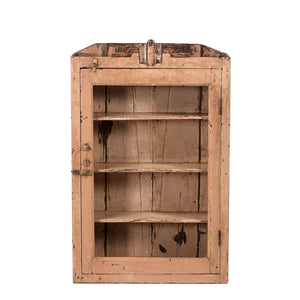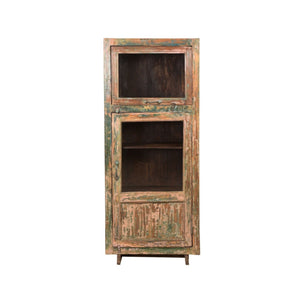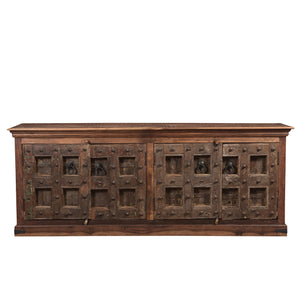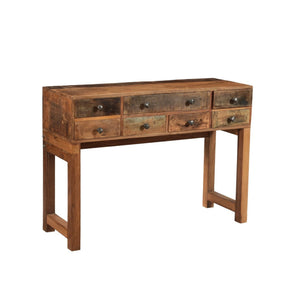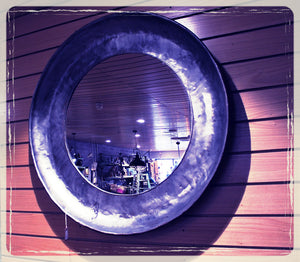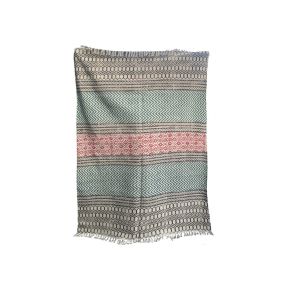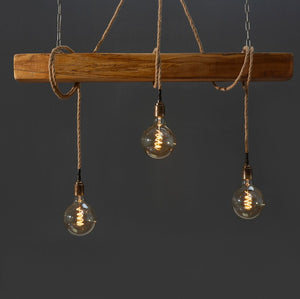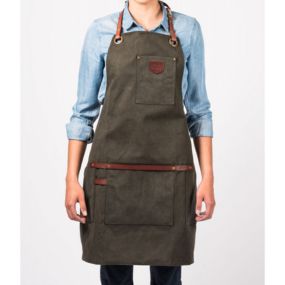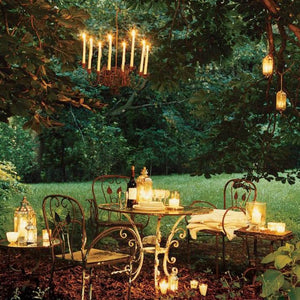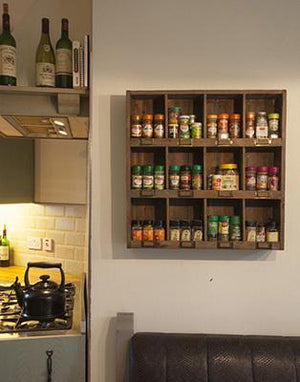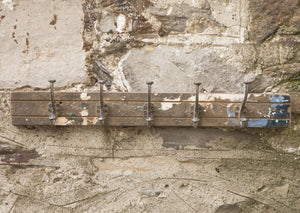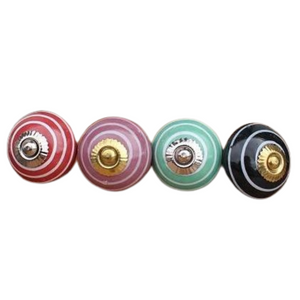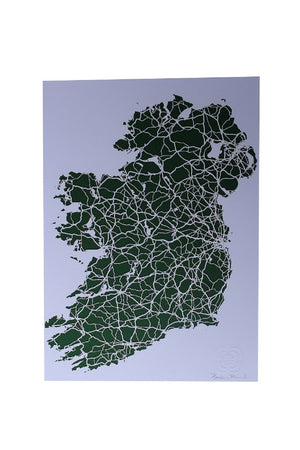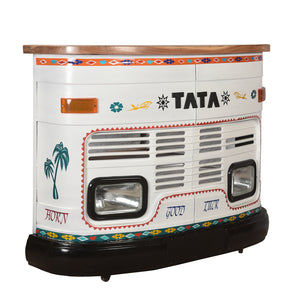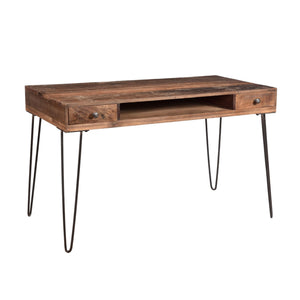Let's be honest. More than the delight of old family traditions is the thrill of seeing giant retailers dipping their prices to the lowest this holiday season. Who wouldn't be excited? High-priced electronics, valuable jewelleries, incredible kitchenware, with prices cut more than a half! Talk about a loot. If there's any perfect time to snag a product you've been wishing for, it's probably Black Friday.
This is what most people think of. By the end of November, websites become a warzone; credit cards are ready to splurge, and one stays up all night just to be the first to hit the Buy button. Black Fridays, along with the many holiday sales, are a prevailing holiday culture. And while it offers enjoyment (and big deals) to many, it has also a few drawbacks that takes a toll on the environment.
Black Friday and the spark of wasteful pursuits
When you're looking at a certain product, the first thing you should ask is this: “Do you really need that?” After all, we are drawn to things when they are attainable. We get stormed up by a painting pancake maker or dog bark translator, a foot hammock or an eye mask that can be drawn on. Quirky, yes. Necessary, no.
Browsing through a retailer's spread might be exciting, but when you think about your purchase and how it punched a hole in your bank, you might realize that the excitement is not all worthwhile.
For the millennials, Black Friday is equivalent to Hunger Games. They’re the ones who take up most of the buying demographic. It appeals to them; millennials, after all, have great purchasing power and are lured to the fun of new. Eight out of ten in this generation shops on Black Friday and the following weekend, according to the 2016 report of the National Retailers Federation. On an average, one spends a little less than $300. To think it wisely, it’s not cheap.
Look outside the Amazon box
Black Friday may be a gain for some, a loss for some. In the USA, NBC News reported that those who work on Black Friday often take extra shifts and are paid lower wages. Retail giants employ part-time workers, most of them economically-challenged people of colour, in the most frantic day of the year. And while for many, the sales provide gratification, for so much more, it meant overnight work and no leave during the holidays. Not only that; this irregular work structure has negative consequences on the employees. According to the Economic Policy Institute, the lowest income workers face the most irregular work schedules, usually associated with longer weekly hours, blue-collar work and greater work stress.
It could also mean loss for you. Since brands lose profit on their end, they have to find means to regain it. Retailers resort to masking prices, lessening warranties and perform gimmicks that will lure one to buying full priced items. The selections are limited; at one point, you may have to settle with what’s available, since it’s on sale, and not pursue the item you love. Physical shopping also spell trouble. Hours before opening time, crowds amass brick-and-mortar stores, and queuing up takes up a lot of your time. On the other hand, going digital means websites experience large amount of traffic, and at some point, servers crash, causing you stress.
We are anti-Black Friday Sales
Here at Home Street Home, part of our philosophy is compassion. We want to offer you the best value for money with our handmade pieces, just as much as we want to look after the people who work for us, and those in need but out of reach. As you choose to shop with us during “Black Friday,” 10% of our sales are donated to Bang Bang Cafe & Bohemians FC Toy Drive For Children in Direct Provision. https://gofund.me/df271af6














